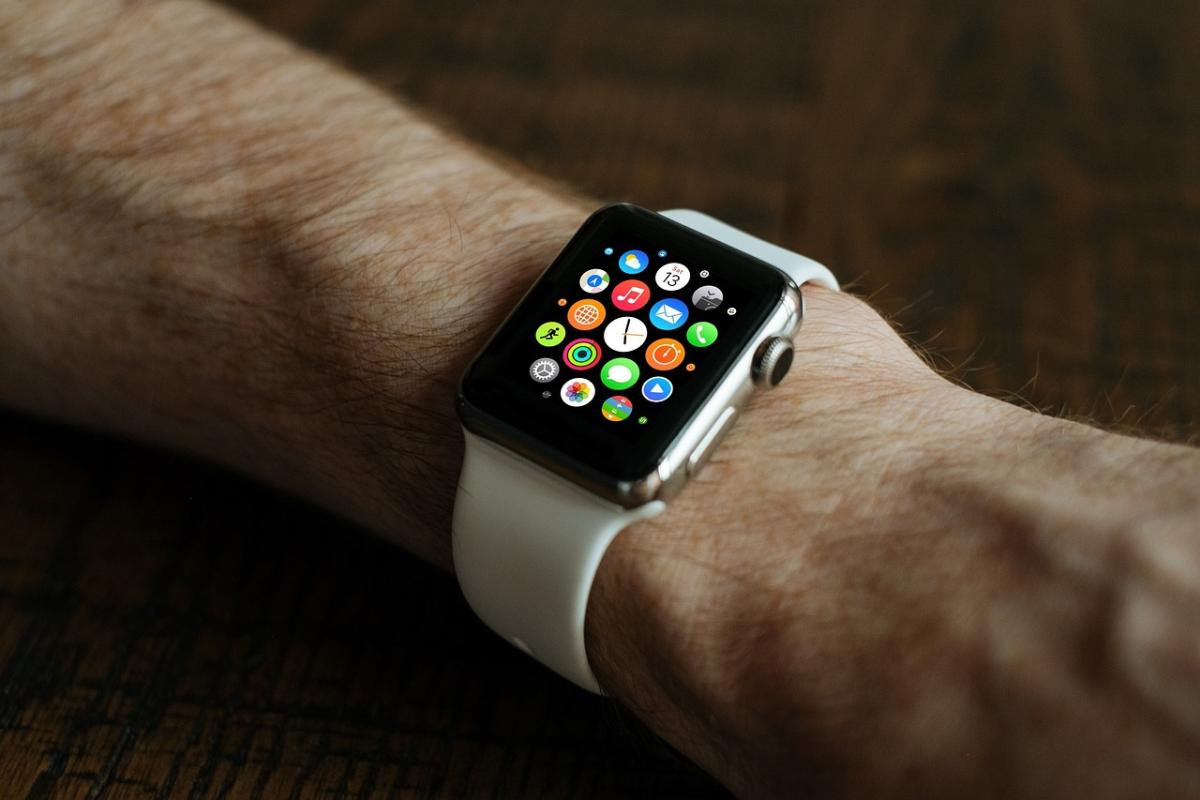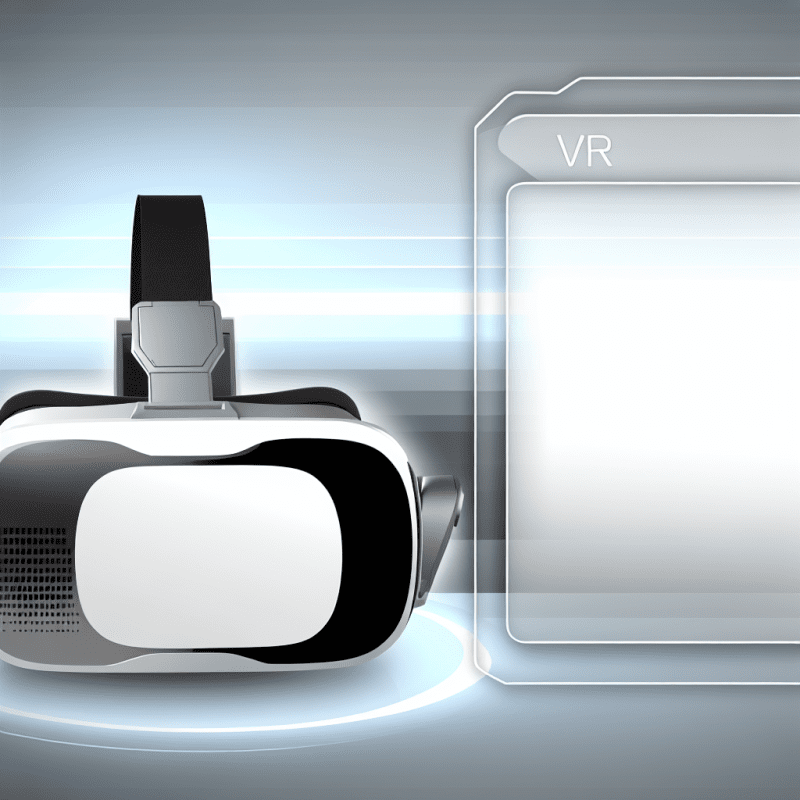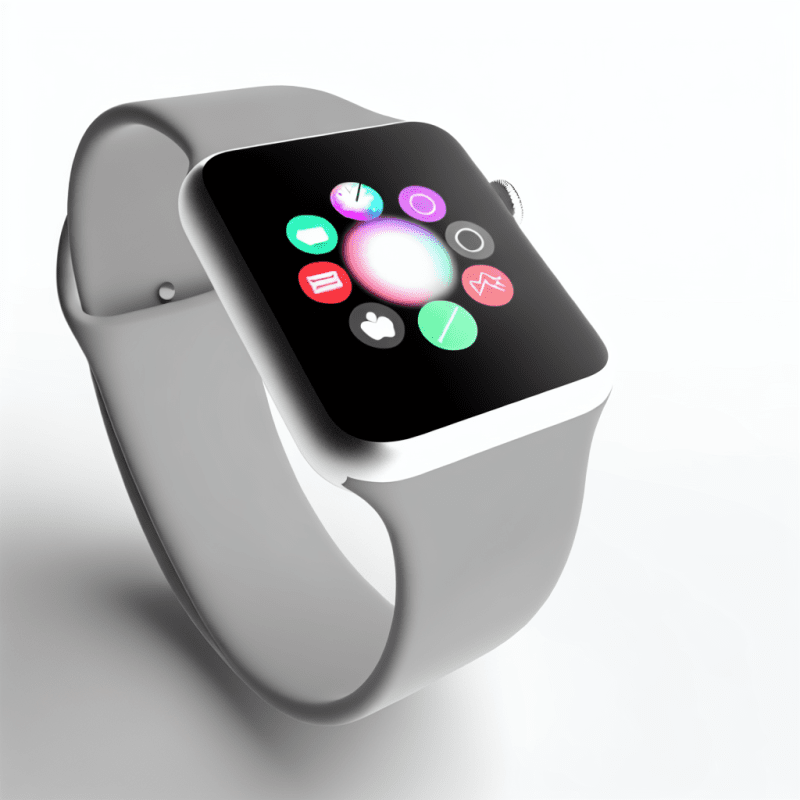Smartwatches are more than just trendy accessories; they are powerful tools that can enhance your daily life. At their core, smartwatches are wearable devices that connect to your smartphone and provide quick access to notifications, apps, and health tracking features. Whether you’re checking messages or monitoring your heart rate, these gadgets can keep you connected and informed without needing to pull out your phone.
One of the standout features of smartwatches is their ability to track fitness and health metrics. Most models come with built-in sensors that monitor your steps, calories burned, and even your sleep patterns. This data helps you to set and achieve fitness goals effortlessly. Some advanced models also offer features like ECG monitoring and blood oxygen level checks, providing valuable insights into your health that were once only available through specialized equipment.
Another appealing aspect of smartwatches is their convenience. With just a flick of your wrist, you can receive calls, texts, and app notifications without having to dig through your bag or pocket. This is particularly useful during workouts or when you want to stay engaged without distraction. Some smartwatches even allow you to respond to messages right from your wrist, making it easier to stay connected on the go.
Battery life varies among different smartwatch models, but many are designed to last a full day or more with regular use, which means you don’t have to worry about them dying on you during your busy day. Plus, with their sleek designs and customizable watch faces, smartwatches can be both functional and stylish, allowing you to express your personality while enjoying the benefits of technology.
Pros of Owning a Smart Watch
Smart watches have become increasingly popular, and for good reason. One of the main advantages of owning a smart watch is the convenience it brings to your daily life. With notifications appearing right on your wrist, you can easily check your messages, emails, and social media updates without having to pull out your phone. This can be especially helpful during meetings or while on the go, allowing you to stay connected without interruptions.
Another significant benefit is the health and fitness tracking features that many smart watches offer. From monitoring your heart rate to tracking steps and even sleep patterns, these devices make it easier than ever to keep tabs on your well-being. With built-in fitness apps, you can set goals, log workouts, and receive reminders to stay active. This functionality is especially appealing for those looking to live a healthier lifestyle.
Moreover, smart watches often come equipped with GPS, music storage, and mobile payment options, making them multi-functional gadgets. Whether you're out for a run and want to listen to your favorite playlist or need to make a quick purchase, these features eliminate the need to carry multiple devices. The ability to manage your schedule and control smart home devices right from your wrist adds even more value to owning a smart watch.
Lastly, smart watches can help you cultivate a more organized life. Many models come with calendar applications, reminders, and other productivity tools that can help you manage your time better. By receiving alerts and reminders directly on your wrist, you're less likely to miss important appointments or tasks. This seamless integration into your daily routine can lead to improved efficiency and less stress.
Cons of Using a Smart Watch
While smart watches offer many advantages, there are also some notable downsides to consider. One of the primary concerns is battery life. Most smart watches require frequent charging, typically daily or every few days, depending on their usage. This can be inconvenient, especially if you rely on your watch for notifications or fitness tracking. Running out of battery during a workout or while out and about can lead to missed opportunities to track your progress or stay connected.
Another con is the small screen size, which can make it difficult to read messages or interact with apps. While notifications pop up on your wrist, responding to them may involve tedious typing or extensive scrolling. This can be frustrating for users accustomed to the larger screens of smartphones or tablets. The limited interface also means that some apps may not function as well as they do on larger devices.
Additionally, smart watches often come with a hefty price tag. Although there are budget options available, many features that users might want do not come cheap. This makes it a significant investment, especially if you're still unsure whether you will actually use all the features that come with it.
Lastly, there's the issue of dependency on technology. With a smart watch strapped to your wrist, it can be all too easy to become overly reliant on notifications and alerts, potentially leading to distraction. This constant connectivity may not always be desirable, particularly when trying to disconnect and unwind from a busy day.
Making the Right Choice for You
When it comes to choosing whether or not to invest in a smartwatch, it's important to evaluate your lifestyle and needs. Smartwatches offer a variety of features, from fitness tracking to notifications, but they may not be essential for everyone. If you're someone who enjoys tracking your daily activities or likes to stay connected without pulling out your phone, a smartwatch could be a great fit for you.
On the other hand, if you find that you're mostly content with your traditional watch and don’t feel the need for tech on your wrist, it may be worth sticking to what you know. Many people appreciate the simplicity and style of classic watches. Consider how often you'll actually use the smartwatch features—if the idea of smart capabilities sounds exciting but you’re unsure if you’ll actually harness them, it could lead to disappointment.
Also, think about your budget. Smartwatches can range from affordable to quite pricey, and you want to ensure that you're making a sound investment. If you’re looking for a device that complements your tech-savvy lifestyle, a smartwatch could be worthwhile. However, if you’re not particularly tech-oriented, you might find better value in a simple fitness tracker or stick with your current device.
Ultimately, the choice should align with your personal needs and preferences. Take time to reflect on how a smartwatch could impact your day-to-day life. By carefully considering your habits and how you use technology, you can make the right choice that enhances your routine—whether that means embracing a smartwatch or opting for a traditional timepiece.



